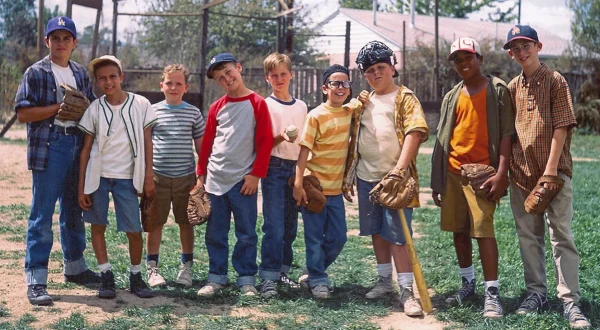Has campaigning gone too far? Constant phone calls, divisive television ads, rampant social media ‚ enough is enough
I’ve been very popular the last few months. Every day, I receive multiple calls, emails and mail from very prominent people. Just this afternoon, I answered the phone to hear Clint Eastwood’s voice, informing me that “my vote matters.”
Despite their current urgency to capture my attention, these people seem to “care” about me now, but in a week, they’ll forget I even exist.
Political campaigning has been a vital part of election season for a long time. The first political convention occurred in 1832 as an effort to show voters the nomination process, according to The First Conventions and Continuing Practices on Northeastern University’s campaign information site.
With a variety of new media, campaigning has come a long way since its humble beginning.
Despite growing use of online commercials and Facebook for campaigning, however, cable television remains the top choice for citizens following the campaign, gaining 24 percent of the vote, according to an article from the Pew Research Center Publications. But that doesn’t mean I can get away with watching a kitten video on Youtube without 30 seconds of political talk beforehand.
“The Campaign,” released last summer, featured Will Ferrell running against Zach Galifianakis in an election to be North Carolina’s next governor and satirized election traditions.
The film mocked the fact that people cannot go a meal without being interrupted by a phone call. It brought out candidates’ desperation for good PR, featuring a fight to be the first to kiss a baby ends in harm to the child, in addition to analyzing the impact of privatized power behind the campaigning. The movie was meant to give the audience a laugh but was it really that far from reality?
With political messages delivered on a variety of outlets, including everything from the classic television commercial, to a solicitation over the phone or even the newest political medium of the Internet, which played a big role in the 2008 campaign, this year’s election will go down in history for being most costly to date, according to the Washington Post.
While campaigning is not limited to two presidential candidates, they have spent an unprecedented amount of money promoting themselves, often by being critical of one another.
The Washington Post’s Campaign Finance Explorer’s calculations show that campaign money raised and spent between President Barack Obama and Governor Mitt Romney totals around $1.6 billion.
It’s hard to grasp the concept of such a large number. This money could be used in so many other ways.
America has issues. The country’s growing deficit, currently just over $1 trillion, is on the minds of many voters. What if some campaign money was put towards that debt?
America’s homeless population in 2011 was 636,017 people, according to an executive summary from the National Alliance to End Homelessness. Money spent trying to buy votes could be put towards food and shelter for them.
Campaigning is important. It provides information about candidates and proposals, though from perspectives that are often a bit biased.
Americans would be better off assessing the facts for themselves rather than relying on millions of dollars worth of talking to make their voting decisions.
Now that the election’s over, however, I won’t get my daily message from Bill Clinton, just calling to say ‘hello’ and attempting to persuade me to vote Democrat. No more lengthy Facebook rants or sponsored ads for candidates and policies. No more calls from Romney explaining his plans to stop ObamaCare. I just hope I don’t get too lonely after the hype dies down.
Email Stephanie Sokol at [email protected].






